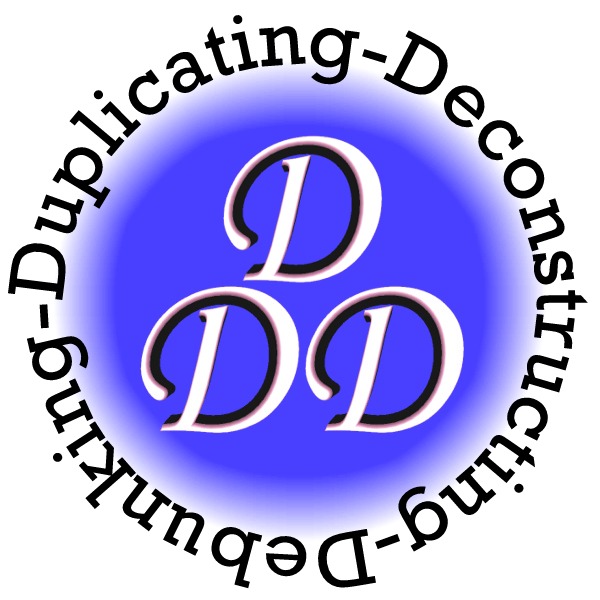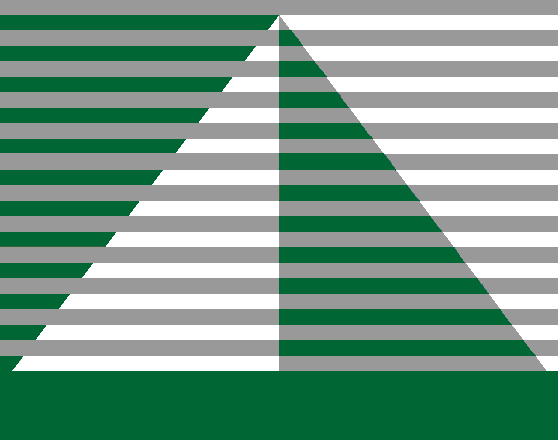
WDDD 2011
9th Annual Workshop on Duplicating, Deconstructing, and Debunking
San Jose, CA
June 5, 2011
Held in conjunction with the 38th International
Symposium on Computer Architecture (ISCA-38) 

|
WDDD 20119th Annual Workshop on Duplicating, Deconstructing, and Debunking San Jose, CA
Held in conjunction with the 38th International
Symposium on Computer Architecture (ISCA-38) |

|
| Submission: Acceptance: Final version: |
April 17 (11:59PM EST) May 2 May 25 |
WDDD provides the computer systems research community a forum for work that validates or duplicates earlier results; deconstructs prior findings by providing greater, in-depth insight into causal relationships or correlations; or debunks earlier findings by describing precisely how and why proposed techniques fail where earlier successes were claimed, or succeed where failure was reported.
Traditionally, computer systems research conferences have focused almost exclusively on novelty and performance, neglecting an abundance of interesting work that lacks one or both of these attributes. A significant part of research--in fact, the backbone of the scientific method--involves independent validation of existing work and the exploration of strange ideas that never pan out. This workshop provides a venue for disseminating such work in our community. Published validation experiments strengthen existing work, while thorough comparisons provide new dimensions and perspectives. Studies that refute or correct existing work also strengthen the research community, by ensuring that published material is technically correct and has sound assumptions. Publishing negative or strange or unexpected results will allow future researchers to learn the hard lessons of others, without repeating their effort.
This workshop will set a high scientific standard for such experiments, and will require insightful analysis to justify all conclusions. The workshop will favor submissions that provide meaningful insights, and identify underlying root causes for the failure or success of the investigated technique. Acceptable work must thoroughly investigate and communicate why the proposed technique performs as the results indicate. WDDD has a unique tradition of asking the original paper authors to provide a follow-up comment after the WDDD paper has been presented, where appropriate. The follow-up comment may take the form of a rebuttal or additional insight from the original authors.
Computer Architecture
|
Code generation and Optimization
|